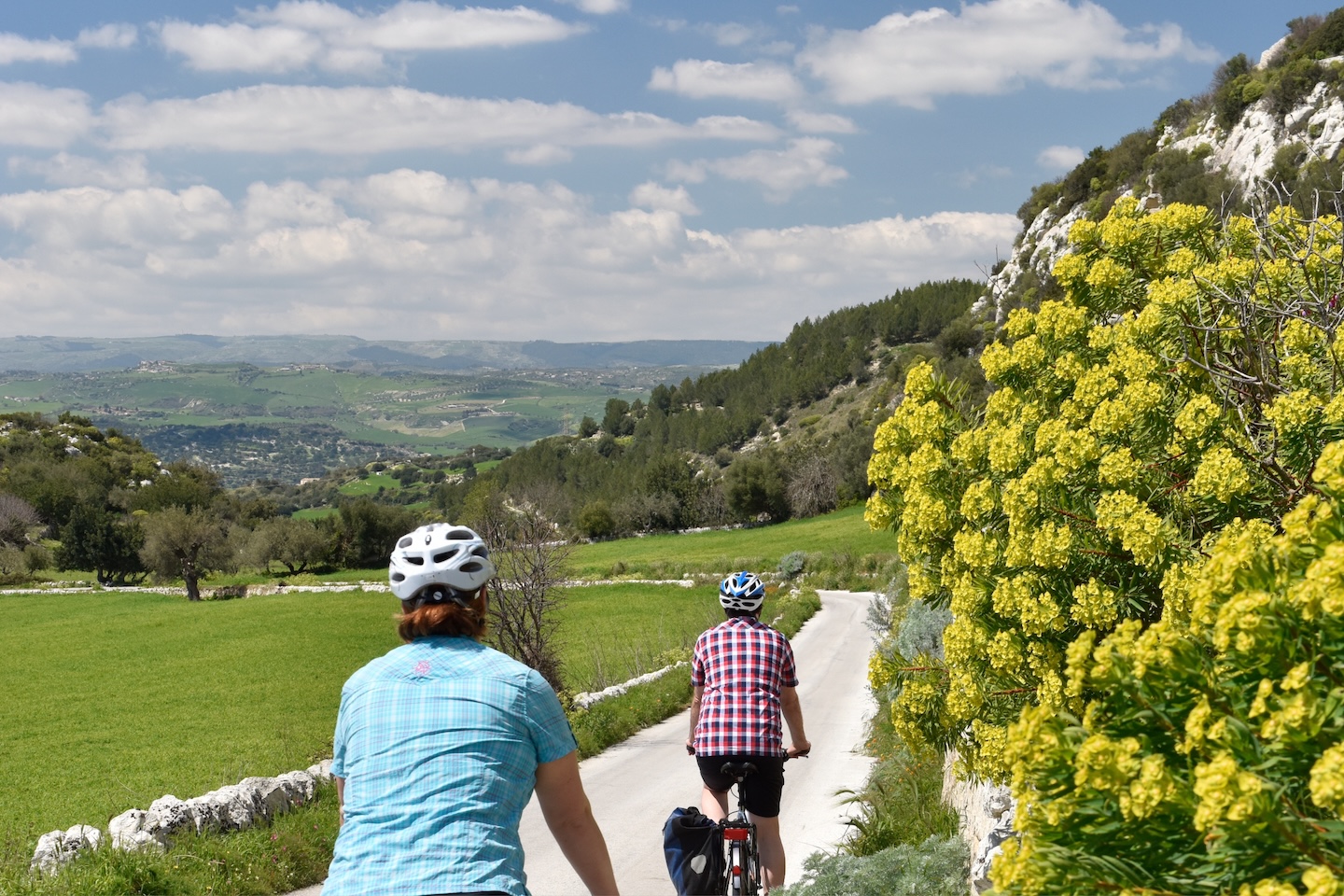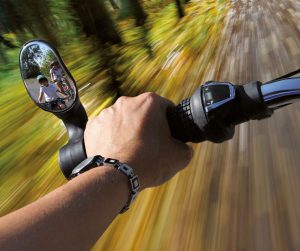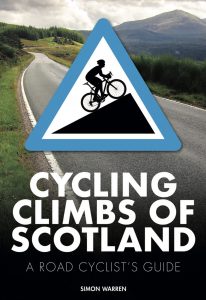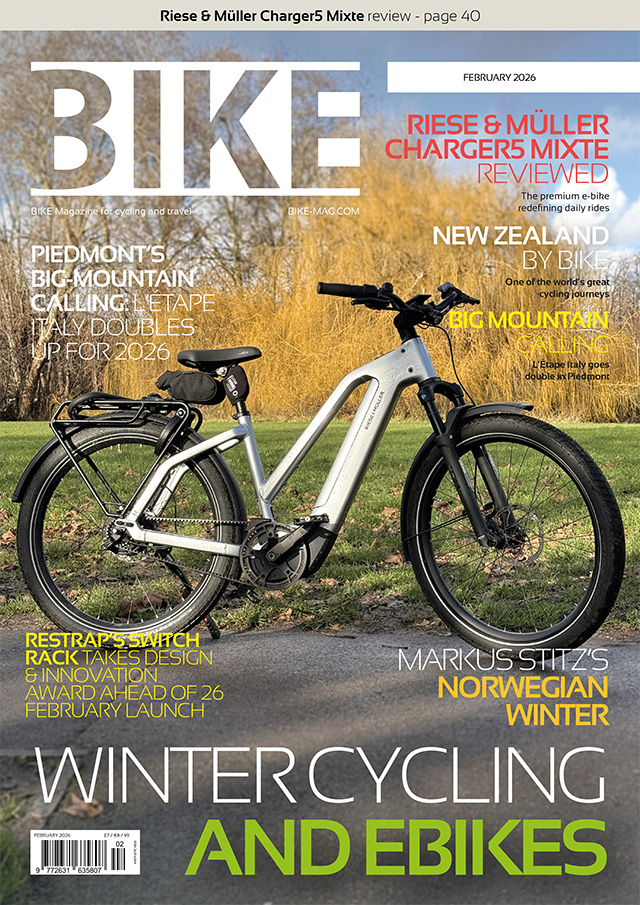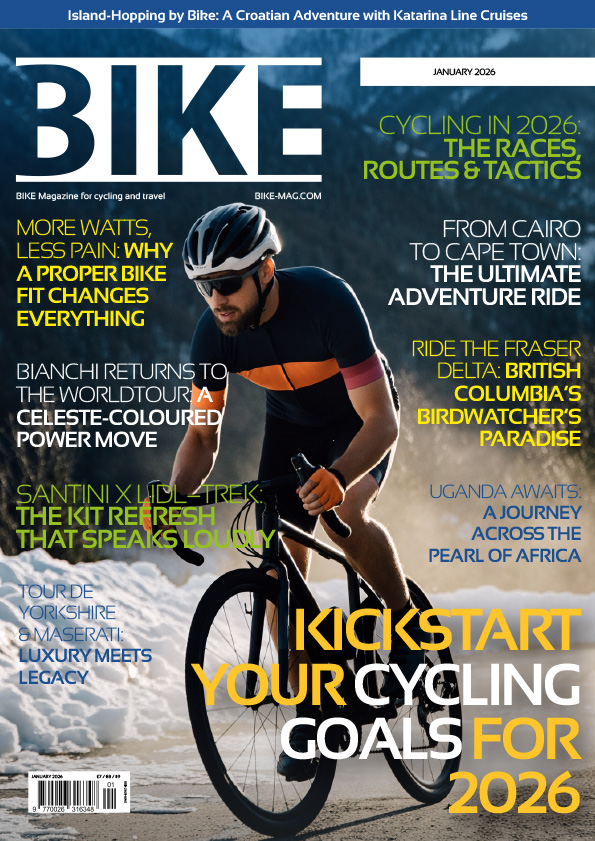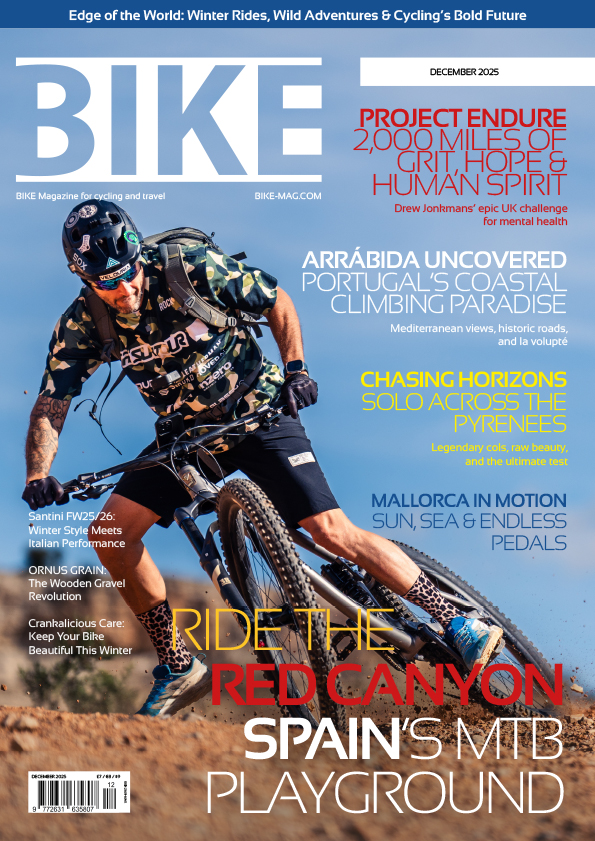Adventure travel is booming, but new research suggests it’s not just adrenaline people are chasing, it’s calm. A new report from Much Better Adventures reveals that nearly half (44%) of UK cyclists now ride for their mental health, with adventure cycling holidays emerging as one of the most restorative ways to travel.
Cycling for Mental Health: A Growing Trend
The Cyclist’s High Report (2025) combines survey data, social trends, and scientific research to show that cycling is rapidly becoming part of the UK’s wellness movement. Over the past year, UK Google searches for “cycling for mental health” have doubled, while published articles exploring the topic are up by an astonishing 133%. This surge reflects a cultural shift: cycling is no longer just about fitness or endurance, it’s about mental clarity and emotional wellbeing.
Why Adventure Cycling Works
Adventure cycling, whether long-distance rides or journeys across varied landscapes, has traditionally appealed to thrill-seekers. But today, its benefits go far beyond adrenaline. Science backs what riders have long felt: just 20–30 minutes on a bike can reduce stress hormones and trigger mood-boosting chemicals like endorphins and serotonin. These natural neurotransmitters lift your mood and calm your mind, making cycling a powerful antidote to modern stress.
Multi-day adventure rides in wild landscapes amplify these effects. Combining physical movement with time in nature and social connection turns a challenging ride into something deeply restorative. This blend of exertion and immersion in natural beauty is why adventure cycling is increasingly seen as a form of active meditation.
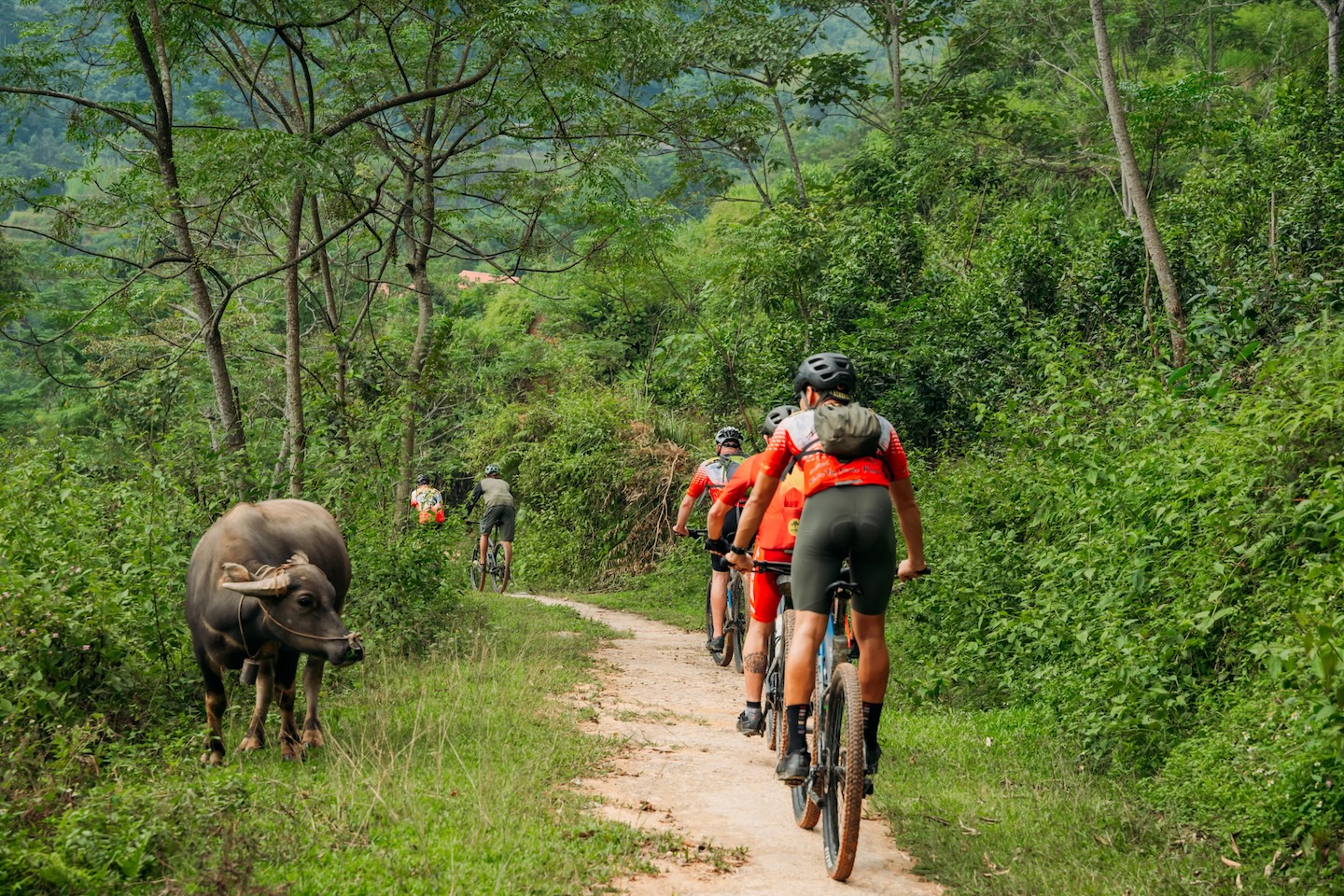
The Report’s Key Insights
The Cyclist’s High Report echoes what Much Better Adventures’ guides and riders experience firsthand on trips around the world. “People join our cycling adventures for the landscapes, but leave talking about how the trip made them feel,” says Vicky Leach, cycling specialist at Much Better Adventures. “Time and again, riders tell us they return home stronger, not just physically, but mentally too.”
Sam Bruce, co-founder of Much Better Adventures, adds: “Cycling used to be all about challenge and endurance, but now it’s just as much about clarity and calm. As awareness around mental health grows, we expect to see more people choosing adventures that help them switch off, slow down, and come back feeling genuinely recharged.”
Adventure Cycling and the Wellness Movement
This shift aligns with broader trends in wellness travel. People are increasingly seeking experiences that combine physical activity with mental restoration. Adventure cycling fits perfectly into this niche, offering a sustainable, immersive way to explore the world while prioritizing mental health.
The report also highlights social media’s role in driving this trend. Platforms like TikTok are filled with content showcasing the mental health benefits of outdoor adventures, reinforcing the idea that cycling is more than a sport, it’s a lifestyle choice for wellbeing.
What This Means for Cyclists
For UK riders, the message is clear: adventure cycling isn’t just good for your body, it’s transformative for your mind. Whether it’s a weekend gravel ride through the Peak District or a multi-day expedition across the Scottish Highlands, these experiences offer a rare chance to disconnect from screens, reconnect with nature, and recharge mentally.
As searches for “cycling for mental health” continue to rise, expect more brands, tour operators, and wellness advocates to embrace this narrative. Adventure cycling is no longer a niche, it’s becoming a cornerstone of the modern wellness movement.


